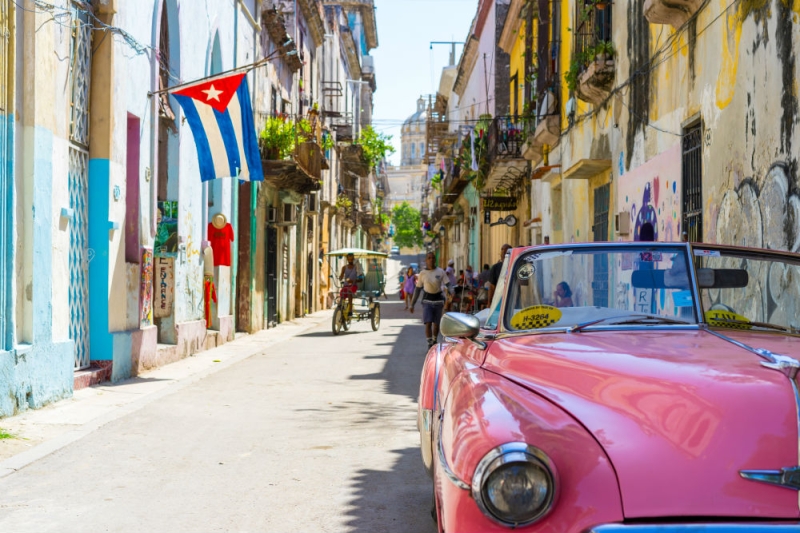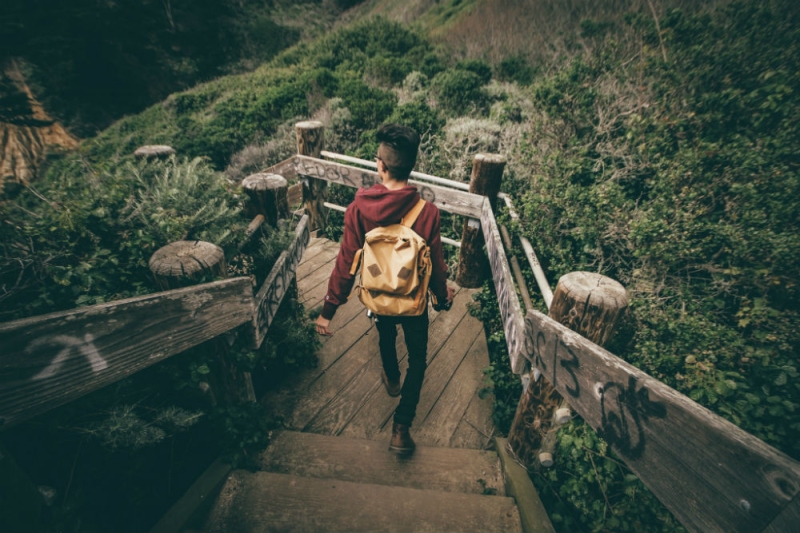
Tourists and travelers are scammed, not to mention the danger of being robbed, in almost every country. In various cases this takes on national characteristics. Latin America has its own customs and rules. You need to know the basic tricks to avoid falling for them and to protect yourself.
Residents of Latin American countries have long understood that if they are robbed, it is better not to resist and give what they ask for. Otherwise, there is a great risk of losing your life. The fact is that many street thugs decide to do such things for the sake of money for drugs. They may be in a deranged state and will easily carry out their threat.
There are also many locally known gangs, such as the Mara Salvatrucha in El Salvador. They are cruel and the value of human lives in these regions is much lower than in European countries. You should always avoid slums and other unfavorable areas, as well as other “dark streets” at night. The situation with robberies is worst in large cities, especially in the capitals of Latin American countries.

How tourists are scammed
In addition to outright robbery by local bandits, you can also simply fall for the tricks of scammers who will rob you in broad daylight. The main ones include the following:
- Fake bills. Almost all tourist places have money changers and merchants who can give you change or sell you local counterfeit currency. It is very difficult for a person visiting this country for the first time to distinguish between real and counterfeit banknotes. It’s better to change everything in official exchange offices in advance and give money without change.
- Fraud with bank cards. When paying with a bank account, data can be removed from it and a duplicate can be made. After this, a series of purchases are made. This situation can be encountered not only in Latin America, but also in other parts of the world. To respond to all this in time, set up banking alerts on your phone.
- Theft in hotels, hotels and hostels. You should never leave valuables here, even if they are not in plain sight. The more budget-friendly the place you choose to stay, the more likely you are to lose some of your luggage. Often money is stolen not completely, but partially, so that it is not noticeable.
- Distraction. This is the most sophisticated method of robbery. It is based on distracting a person’s attention with something, after which a wallet or valuable items are snatched. A person may accompany you to show you the city. But even he will not be the main problem, since while he is talking to you, his accomplices will “pick your pockets.” Water can be “accidentally” poured on a passerby from above, after which street pickpockets will work during proceedings and stressful situations. There are many cases of deception, so you must always be on guard.
- Fellow travelers in transport. Even if you are traveling in a taxi, they may pick you up with a person who is supposedly also going about his business. In fact, he is in cahoots with the taxi driver. A fellow traveler may not only try to stealthily steal your wallet or phone, but will also move on to specific threats and extortion. It even gets to the point where you are dropped off from a taxi at an ATM to withdraw money. To save money, you need to have several cards so that you can’t withdraw everything from one.

How to protect yourself as much as possible
Anything can happen while traveling, and it’s better to take safety measures in advance. It is better to leave everything valuable and not particularly necessary at home. Don’t wear flashy or conspicuous things. The simpler your clothes are, the less likely you are to become a victim of criminals. This rule especially applies to girls.
To keep your money safe on your bank card, set a withdrawal limit. When traveling, you should not take large amounts of cash. 50-70 dollars is quite enough for purchases, transportation and housing. There is no need to store more in your wallet – it is better to divide the rest into different places.
It’s worth buying a purse bag to wear on your belt. This bag will fit not only money, but also documents. It should not be protruding, as is the case with merchants. The more inconspicuous the product, the better.
If documents are lost, it is advisable to have copies of them, both simply laminated paper versions and electronic ones on cloud services.
It is advisable to have a certain level of Spanish or at least learn a few phrases for shops, hotels and taxis. All these rules will help you make your trip not only enjoyable, but also safer.

